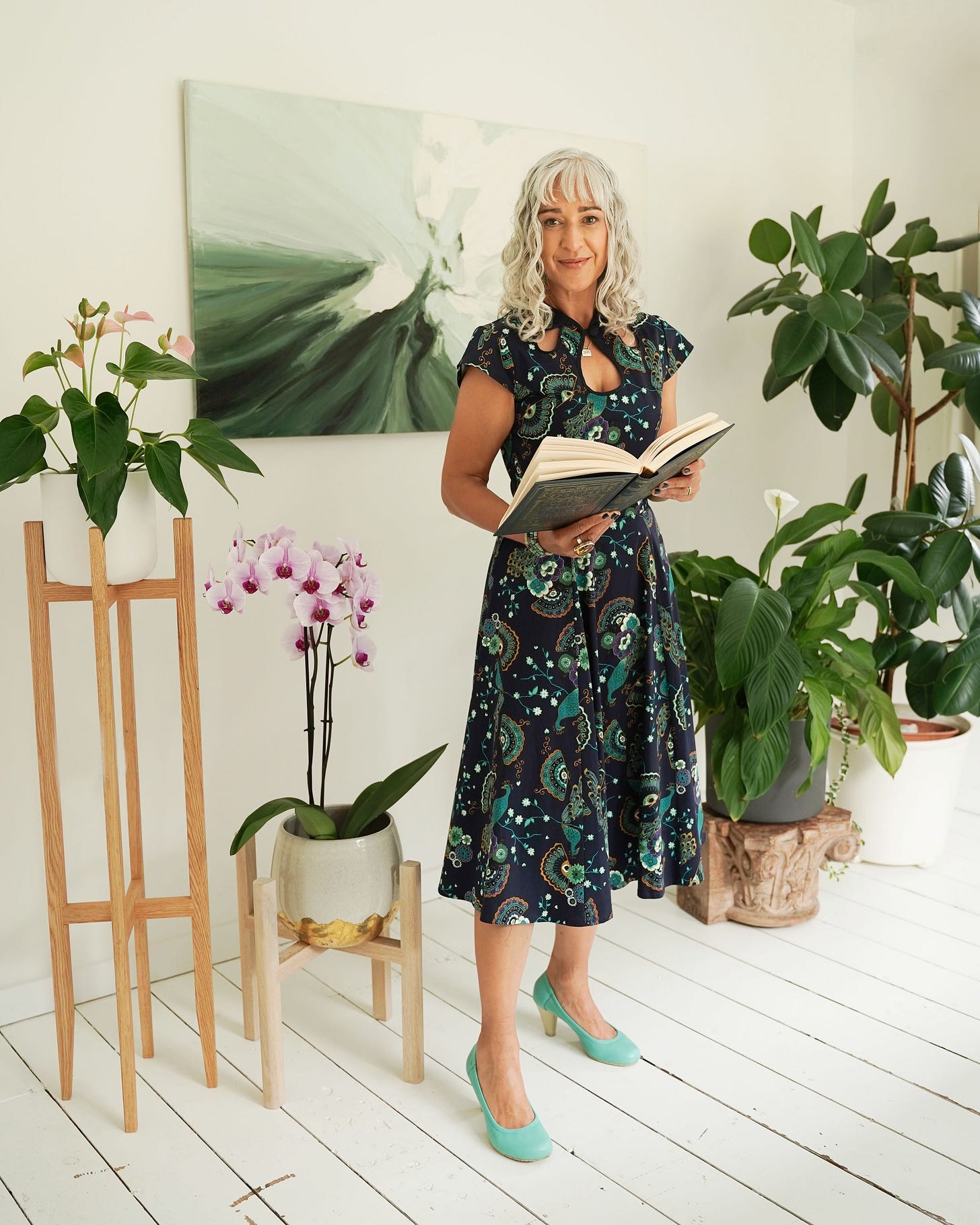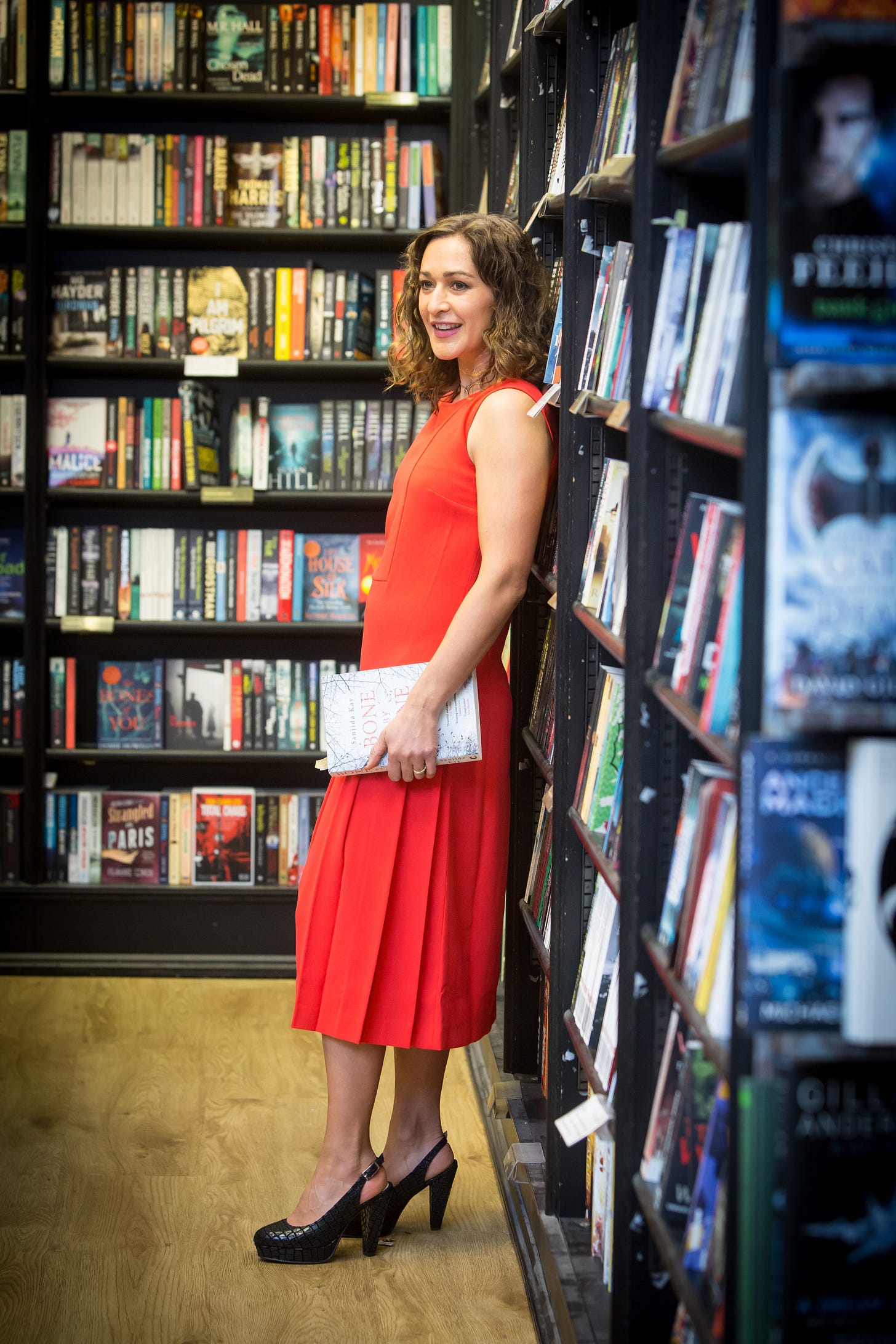Why you need an agent (and how to find one)
The writer–agent relationship explained, and practical steps to help you track down the right match for your book
The first time an agent dropped me—by letter, not even face-to-face—I was devastated. I was in my early thirties. I’d had one agent before, whom I’d left. It was a rejection I hadn’t known was coming. I felt as if I’d been stabbed. The message was clear: I couldn’t sell your book; therefore, it’s no good, and neither are you. Or, at least, that was how I read it. My breath was shallow. I felt as if I was slowly bleeding out but no one could see.
It’s a peculiar relationship, that of writer and agent. It’s the most important one you’ll have in your career, and yet, at its heart, it’s about money. After all, agents get money for you and then they take some of it. There’s often a power imbalance—unless you’re a bestselling or prize-worthy author, in which case the balance switches—your agent can have more influence than you, particularly if they’re famous in their own right, or even an up-and-coming in a major literary agency.
Of course, agents, like you, love reading. You hope they’ll love reading your books! You hope they’ll be your best friend. You hope they’ll secure you wonderful book deals and help you choose your book launch outfit. Tell you that you look wonderful before a photo shoot; say, Stuff them, to a bad book review and get you another cocktail.
And sometimes that is the case. For some lucky writers, their agent is their agent for their entire career as well as their trusted friend and confidant.
But at the end of the day, an agent’s job is to sell books. Your job is to write them. And in that process—in the process of pouring out your heart and stirring your soul into words, which your agent will then try and sell, the writer’s heart can get broken.
Okay, I realise that all sounds somewhat melodramatic. Suffice to say, an agent is the linchpin of your writing team but any relationship that rests on a transaction involving both art and money, can be tricky to navigate.
So, do you need an agent at all? And if you do, how do you find one?
If you want to self-publish, you don’t need an agent.
If you publish as a side hustle with small presses that pay little to nothing, then you don’t need an agent. Nor would they want to take you on. Agents typically take 15-20% of everything you make, so if you’re being paid biscuits by a publisher, it’s not in their interest to sign you up. My advice would be to join The Society of Authors. As a member, you can run contracts past their specialists for free.
But if you want to be published by a traditional publisher and hopefully earn an income, you’ll need an agent. Most publishers won’t look at authors’ submissions if they’re not represented by an agent.
When I started being published in my early twenties, my agent’s role was to wine and dine publishers, get me the best book deal possible, and then negotiate regarding the contract to secure me a higher advance and a better cut of the royalties. Those were the days of tiny royalties and sky-high advances.
Times have changed. Agents still do this (with a lot less hanging out in Soho House), but their role has broadened. Publishers want to be presented with a book that works—one that they know they can sell. So agents have had to become editors. Manuscripts now are expected to be as finished and as polished as they possibly can be. Your agent may well advise you on what to write next, even brainstorm and plan it with you, as well as edit and proofread the manuscript.
As Nelle Andrew, of Rachel Mills Literary said to
aka The Honest Editor, ‘I see my role as manager; editor; negotiator; therapist (at times) and strategist. We are creating and guarding opportunities for long term careers in this field, and providing all the support we can to ensure this.’Their labour and collaboration with you before even approaching a publisher can well take months if not a year or two. They also have a much bigger role in helping with publicity and marketing, as well as foreign rights and film rights, and, indeed, in the overall shaping of your career as a writer.
Given it’s such an important relationship, and one that you want to last, how do you find the right person for you?
The short answer is that it’s hard because most agents now don’t have the time or inclination for chats over the phone or coffee to get to know an author. It is, and I can’t stress this enough, much more transactional than it was—and more than most of us would like.
I’m lucky in the sense that I’m a professional writer so I know other writers. I can talk to them about who their agent is, would they be a match for me, and can I have a contact number?
But what I mostly do, when I want to find an agent, is exactly the same thing that I’m going to tell you to do.
First, I look at books that are doing well, and that are in a similar genre to mine.
To find out more about genre, have a look at:
Then I read the acknowledgements. Authors always thank their agents in this section (if they don’t, then something must have gone awry!).
I then look up that agent online to see
which agency they work for,
if they are accepting submissions (that is, actively looking for new writers),
what kinds of books they want to sell or are selling,
which authors they work with.
If it feels as if there might be similarities there, then this person could be right for you and could be interested in your writing.
I often check to see what books agents enjoy reading in their own time—sometimes listed on the agency website, or shared on social media).
I then check if there’s a direct contact email or if you have to go through a generic company email, and finally, if I want to apply to this particular agent, I make a careful note of what they want me to send them.
Usually you would write a covering letter (email), including a brief pitch about your book (a one to two sentence summary), and attach a synopsis (typically a one-page description of what’s in your book) and then a sample of the book (normally the first three chapters or first 10,000 words).
In next week’s newsletter, I’m going to guide you through the submission process, and exactly how you’ll do all of the above.
In the meantime, let me know what your experiences have been. How did you find your agent? Or are you looking for one? How is it going?
With best wishes,
Sanjida x
PS If you’d like to become a member of Wild Writing with Sanjida and enjoy in-depth articles on the craft of writing, come to writing sessions and masterclasses, I’m offering an Autumn Kickstarter - a discount of 20% off the annual price of membership, bringing it down to £40 a year or less than 10p a day.
But hurry, this offer only lasts for one month, until 30 September.
PPS My daughter is selling the dress that I bought for the book launch of my first psychological thriller, Bone by Bone. It’s a lovely dress - gorgeous swishy skirt, the colour of rose hips. It’s in good condition, because apart from fancy book launches, I am mainly in jeans and tracksuits 😂 She’s selling it to raise the money to pay for her school trip to Rome for her GCSEs.
(Me and Em; Fits size 6-8; I’m 5ft 2)






